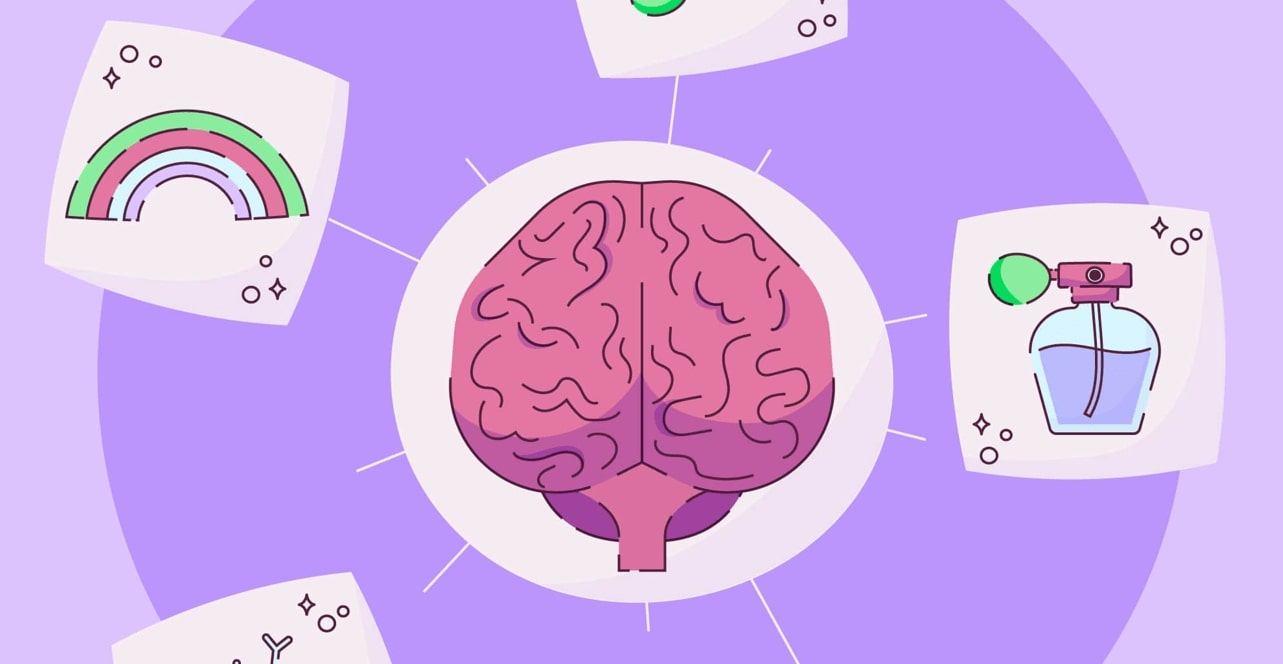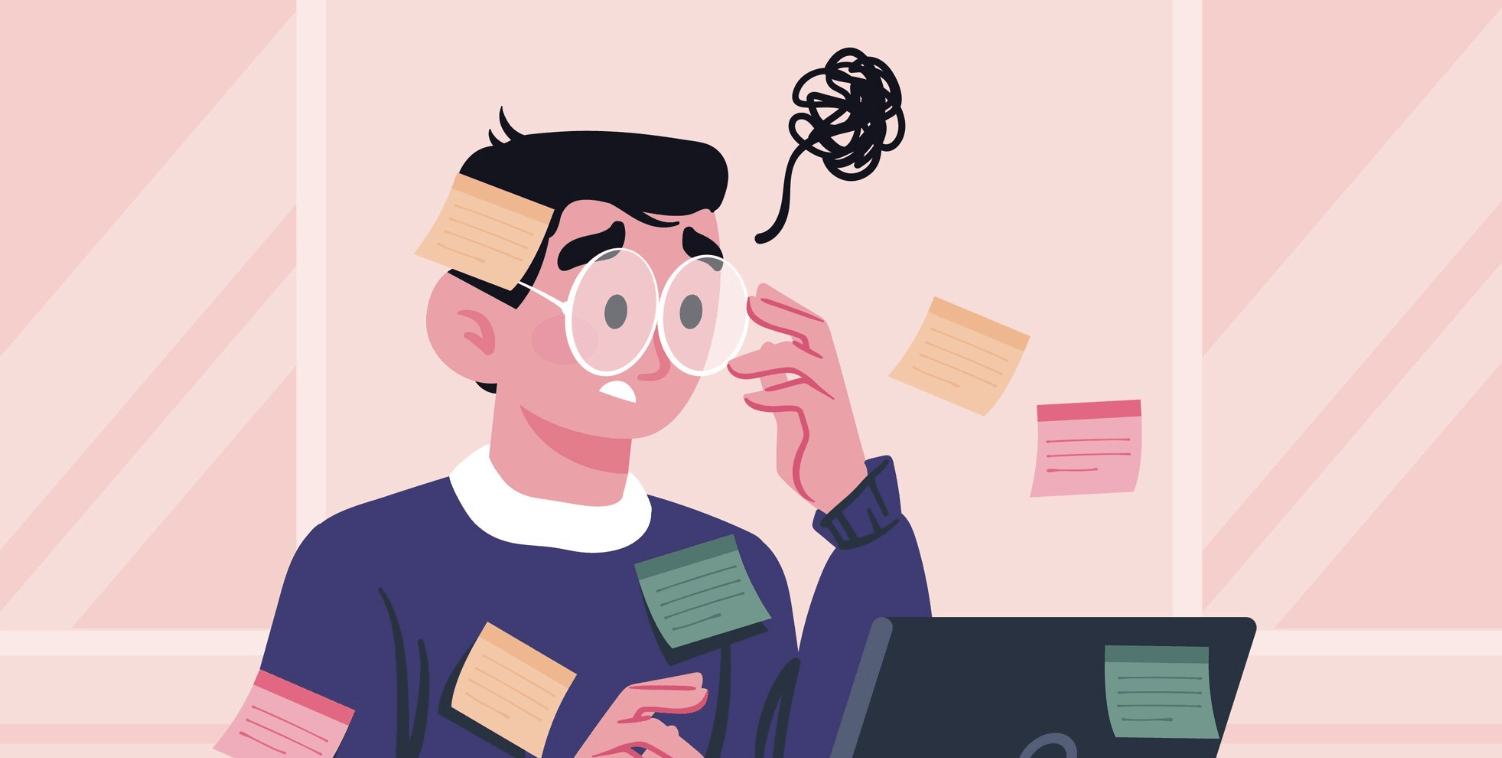Best Puzzles for Adults Who Love a Challenge

Some people unwind with Netflix. Others pick up a puzzle and feel their brain light up. If you’re the type who enjoys figuring things out, getting stuck for a bit, and finally cracking the code, this one’s for you. Puzzles aren’t just fun - they keep your brain active, sharp, and curious.
And with so many options today, you can find challenges that match your mood, from logical riddles to complex visual games.
This guide breaks down some of the best puzzles for adults who actually like to think. Whether you want something relaxing or something that makes you question your sanity, there’s a puzzle here that fits.
We’ll also talk about Moadly, a quick, daily brain training app that mixes short puzzles with memory and logic games to keep your brain strong without burning you out.
Why Adults Need Puzzles More Than Ever
Modern life doesn’t give your brain much to chew on. You scroll, you skim, you multitask. But real focus and creativity need friction - moments when you slow down and actually solve something. Puzzles create that moment. They force you to stop drifting and fully engage. It’s like meditation for people who get bored meditating.
Solving puzzles regularly helps with memory, attention, and problem-solving. It gives your brain a workout the same way a treadmill helps your body. Apps like Moadly make this process easy by giving you a quick hit of brain exercise every day through simple arithmetic, pattern, and memory challenges that take just a few minutes.

1. Logic Puzzles and Riddles
If you like the feeling of piecing together clues until everything clicks, logic puzzles are perfect. These are the ones where you sit there with a pencil (or a phone app) and think, “Wait, if A is true and B can’t be next to C…”
They train critical thinking and boost mental flexibility - skills that translate directly into everyday problem-solving. Plus, there’s nothing quite like the satisfaction of cracking a tough riddle on your own.
Some great logic puzzle types:
- Grid puzzles (like Einstein’s Riddle)
- Word logic problems
- Deduction games like Sudoku or Kakuro
In Moadly, many of the mini-games tap into the same kind of reasoning. You might have to remember sequences, calculate numbers fast, or find hidden patterns. They’re quick, addictive, and perfect for a short logic boost during your day.
2. Mechanical Puzzles
Sometimes, your brain needs a challenge you can hold. Mechanical puzzles are physical objects you twist, slide, and manipulate until they come apart or reveal something. They can be as simple as a wooden cube or as complex as a 100-piece metal lock puzzle that takes hours to solve.
These puzzles test patience, spatial awareness, and fine motor skills. They’re great for quiet afternoons or as desk toys that give your hands something smart to do instead of fidgeting with your phone.
Popular examples include:
- Hanayama cast puzzles
- Wooden brain teasers
- Rubik’s Cubes and shape variations
They’re timeless because they tap into something primal - using your hands to think. When you finally solve one, it’s pure dopamine.
3. Crossword Puzzles
Old-school, yes, but still unbeatable. Crosswords challenge your vocabulary, memory, and reasoning all at once. The best ones make you feel clever instead of dumb. You start with a few words, then suddenly everything connects and the whole grid fills out like magic.
Crosswords are also great for brain health because they build verbal fluency and recall. You’re constantly pulling info from long-term memory, which strengthens neural pathways related to language and logic. That’s the kind of brain work that keeps minds sharp as we age.
If you want a modern version, many apps like NYT Games, WordBrain, or the mini puzzles in Moadly can scratch the same itch. Moadly has shorter, faster challenges that mix math and pattern recognition for a similar satisfaction hit - but without the 30-minute time commitment.
4. Jigsaw Puzzles
There’s something calming about spreading out pieces and wtaching a picture come together. Jigsaws train patience, visual reasoning, and attention to detail. They’re low-stress but still mentally rewarding, especially when you tackle large or tricky ones.
For an extra challenge, try:
- Puzzles with gradients or abstract art
- Double-sided puzzles
- Puzzles with no reference image
If you don’t have space for physical puzzles, there are great digital ones now. Some apps simulate real jigsaw experiences beautifully, letting you pick piece count and theme. You can even mix it up by doing a few quick Moadly puzzles while your coffee brews - same satisfaction, faster results.

5. Math and Number Puzzles
Numbers get a bad rap, but the right kind of math puzzle feels like a mind massage. You’re not solving equations; you’re spotting relationships, patterns, and shortcuts. These puzzles sharpen logical thinking, improve focus, and train mental arithmetic.
Try these types:
- Sudoku (still the king of number logic)
- Kakuro or KenKen
- 24 Game or number series puzzles
If you want a digital way to practice this daily, Moadly has quick arithmetic and logic games that boost your speed and accuracy. They’re short enough to do between tasks but powerful enough to keep your mind sharp over time. Think of them as your mental gym reps.
6. Escape Room and Mystery Box Puzzles
These are for people who love immersive challenges. Escape room puzzles make you think laterally. You get a series of clues, ciphers, and physical objects that all connect in clever ways. Solving them takes teamwork, observation, and creativity.
At home, mystery puzzle boxes recreate that same thrill. You twist, unlock, decode, and piece things together to reveal a hidden message or object. They’re a perfect weekend project if you love storytelling mixed with puzzles.
It’s the same kind of cognitive workout that apps like Moadly offer in shorter form - using pattern recognition, reasoning, and attention to detail under pressure. Except with Moadly, you can do it anywhere, no props required.
7. Word and Pattern Games
Games like Wordle, Boggle, or pattern puzzles hit the sweet spot between mental effort and fun. They train verbal fluency and cognitive flexibility. You need to see connections quickly and adapt when things don’t fit - which is great real-world brain training.
Pattern puzzles, like matching or sequencing games, also challenge visual-spatial processing. You’re strengthening your ability to recognize order and think strategically. These are the same skills used in coding, design, and everyday problem-solving.
Moadly includes memory and pattern games built around this same concept. They’re short bursts of challenge that feel satisfying instead of stressful. Great for keeping your brain active during short breaks or before bed.
8. Puzzle Books and Brain Teasers
Sometimes nothing beats a classic puzzle book. No screens, no pressure - just pages full of riddles, visual illusions, and logic problems. Books like “The Great Book of Riddles” or “Brain Games for Adults” offer dozens of bite-sized challenges that stretch your thinking in different ways.
It’s an old-school habit that fits perfectly with digital tools. Do a few puzzles from a book, then hop into Moadly for a few quick rounds to test your mental endurance. You’ll be surprised how the two complement each other - one trains depth, the other trains speed.
How Puzzles Affect the Brain
When you solve puzzles, you’re literally building new neural connections. Each challenge you work through reinforces pathways related to logic, memory, and creativity. Over time, this helps your brain process information faster and stay resilient against aging.
Studies show that adults who reglarly do puzzles tend to have better short-term memory and stronger problem-solving abilities. It’s not magic - it’s practice. The brain is a muscle, and puzzles are the best gym membership you’ll ever have.
Apps like Moadly take this principle and make it part of daily life. Instead of setting aside hours for a giant puzzle, you can get the same cognitive benefits from 5-minute games that stimulate attention and reasoning every day.

Building a Puzzle Routine
If you want to get serious about puzzles, treat them like exercise. A little every day goes a long way. You don’t need to spend hours - even 10 minutes of focused problem-solving can make a difference.
Here’s a simple routine:
- Morning: Do one logic or number puzzle while drinking coffee
- Afternoon: Play a short round on Moadly to reset focus
- Evening: Unwind with a jigsaw or crossword instead of screen scrolling
It’s a habit that improves focus, memory, and mood without feeling like work. You’ll start to notice it in daily life - thinking faster, remembering more, staying calm when solving real problems.
Choosing Your Puzzle Type
Different puzzles train different mental muscles. Here’s a quick breakdown of what each one helps with:
| Puzzle Type | Main Benefit |
|---|---|
| Logic puzzles | Critical thinking and deduction |
| Crosswords and word games | Language and memory |
| Math puzzles | Numerical reasoning |
| Mechanical puzzles | Spatial awareness and patience |
| Pattern puzzles | Attention and visual processing |
| Moadly challenges | Quick, daily focus and recall training |
Final Thoughts
Puzzles aren’t just for killing time - they’re one of the easiest, most enjoyable ways to keep your mind alive. They challenge you in ways most daily routines don’t, forcing your brain to think deeply, remember patterns, and adapt.
Whether you prefer a giant 2000-piece jigsaw, a clever word riddle, or a 2-minute logic test on Moadly, what matters is that you’re exercising your mind. The more you do it, the more confident, sharp, and mentally flexible you become.
So next time you need a break, don’t just scroll. Pick up a puzzle. Challenge yourself. Let your brain play. You’ll feel sharper, calmer, and maybe even a little proud that you’re keeping those neurons in shape.
